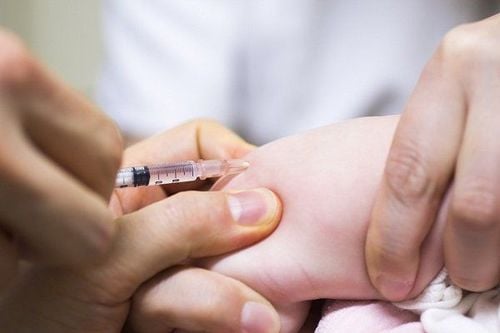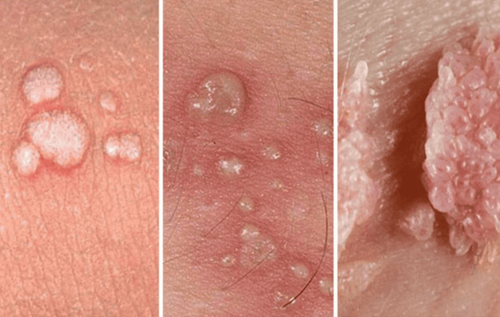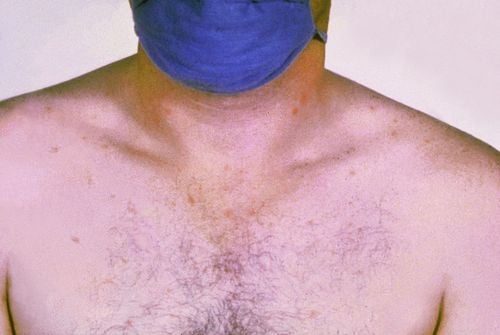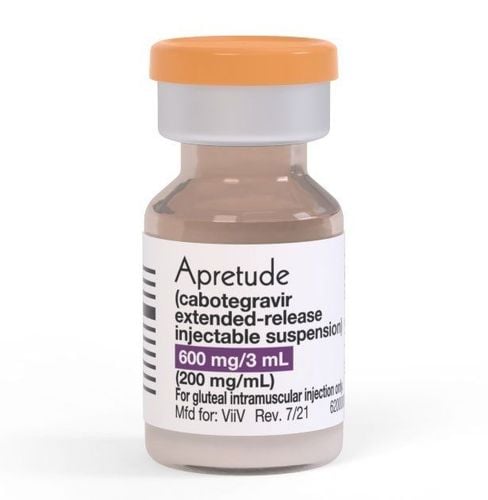This is an automatically translated article.
For infectious diseases, if they are not detected and effectively isolated, they will cause severe consequences such as outbreaks into infectious diseases. Therefore, quarantine and isolation are extremely necessary.
1. What is quarantine for infectious diseases?
Quarantine is when a sick person believed to be infected with a specific infectious disease is placed in a protected environment to see if you are actually infected?
Specifically, the sick person may be asked to stay at home or in another location to prevent the disease from spreading to others and to be carefully monitored for the disease.
During quarantine, sick people can still do most things they can do indoors within the confines of their location. For example, if sick people are asked to quarantine at home, they will often be asked to take their own temperature and report their health status and daily status to health authorities. In addition, the patient will be given instructions on what they can and cannot do to those around them, such as family members. In particular, patients will be advised and informed specifically about other measures to prevent the spread of diseases.
In case the sick person has to be quarantined in a place far from home such as: a medical center, a quarantine center, they will be provided with meals, a place to sleep and other necessary needs. The patient will stay there until there is a risk of developing or spreading the disease.
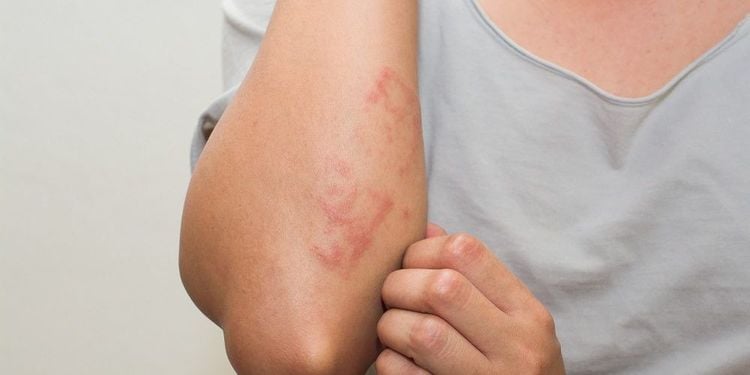
Các bệnh truyền nhiễm như zona, thủy đậu cần được kiểm dịch và cách ly
2. What is isolation?
One of the effective disease control measures is isolation, for people with infectious diseases. Patients infected with a specific infectious disease are kept separate (isolated) from others to keep those around them safe. The sick person is usually separated in a healthcare facility or at home. Usually, the sick person will have a separate room, and the caregiver will take certain precautions to avoid infection such as wearing protective clothing.
Quarantine and isolation are usually done voluntarily but under certain circumstances the sick person may be required to do so from a public health facility.
These measures are taken to prevent the transmission of certain infectious diseases. Isolation and quarantine of infectious diseases will last for a certain period of time for medical staff to assess the situation or for the duration of the infectious period.
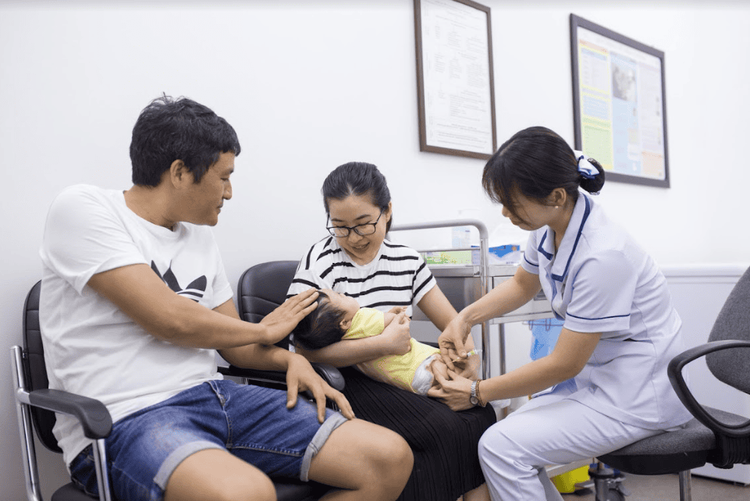
Tiêm chủng là biện pháp phòng ngừa bệnh truyền nhiễm hiệu quả và an toàn
In order to best prevent infectious diseases, currently Vinmec International General Hospital provides vaccination services for many different subjects. In addition to individual injections, Vinmec currently has a Package Immunization Program for each specific audience such as:
Immunization Package Program for 0-2 years old Children Package Immunization Program for 0-1 Children Age Package Immunization program for children 1 - 2 years old (Basic package) Vaccination program for children aged 1 - 2 years (Comprehensive package) Package vaccination program for children aged 4-6 years Package vaccination program for minors from 9 to 18 years old Immunization package for adults To register for childhood vaccination, please contact directly to Vinmec Health System nationwide or make an appointment HERE.
Articles refer to the source: Webmd.com
MORE:
Summary of infectious diseases, complications, corresponding vaccines Tetanus: Pathogens and sources of transmission Infectious diseases can be prevented Vaccination in Vietnam





